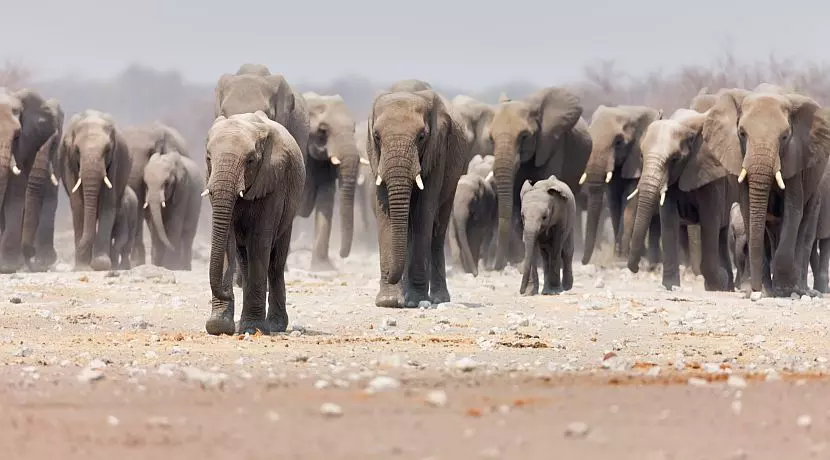The 3rd of March every year plays host to the U.N’s World Wildlife Day and it marks an incredibly important milestone in the lives of animals all around the world. Back on the 20th December 2013 the United Nations General Assembly proclaimed March the 3rd as World Wildlife Day in an attempt to celebrate and raise awareness about all of the issues facing the world’s flora and fauna.
Animals the world over have been struggling more and more over recent years and need human help more than ever. The General Secretary of the U.N, Bank Ki-moon said: “Getting serious about wildlife crime means enrolling the support of all sections of society involved in the production and consumption of wildlife products, which are widely used as medicines, food, building materials, furniture, cosmetics, clothing and accessories.” World Wildlife Day really puts the impetus back on governments and people as a whole to start giving back to the wildlife they have taken so much from.
According to the London Zoological Society over the last 40 years the world wildlife populations have halved. Their report states that the populations of mammals, birds, reptiles, amphibians and fish have all declined by an average of 52% and populations of freshwater species have suffered an even worse fate with their number dropping by 76%. To help you understand just how bad the situation is for some animals, here is a closer look at some additional statistics:
- Populations of the world’s rarest cat, the Amur Leopard have been reduced to around 57 in Russia and 12 in adjacent areas around China largely due to poaching and the exploitation of forests

- There are now only thought to be around 5,000 Black Rhino’s left in the world. That is down from 65,000 in 1970

- The Yangtze River, the longest in Asia, used to be home to two species of Dolphin. There is a 1,000 – 1,800 strong population of the Yangtze Finless Porpoise remaining but the Baiji Dolphin was declared extinct in 2006
- The Cross River Gorilla used to inhabit vast swathes of both Cameroon and Nigeria but thanks to a toxic combination of poaching and deforestation there are now only around 200/300 remaining

- Orangutans share 97% of their DNA with humans but this hasn’t stopped us encroaching on their land for our own gain. The Sumatran Orangutans live on the island from which they got their name, but there are now only around 7,000 of them left and of the nine existing populations on the island only seven of them have the prospects of a long-term, viable future

This is just an example of the issues that wildlife all around the world is facing and is the reason why World Wildlife Day is so desperately needed. Please help us raise awareness in any way you can. It might be by sharing this blog or even getting more hands on and volunteering at a project site. Whatever you are able to do will make a difference and you can guarantee that the animals desperately need it.














